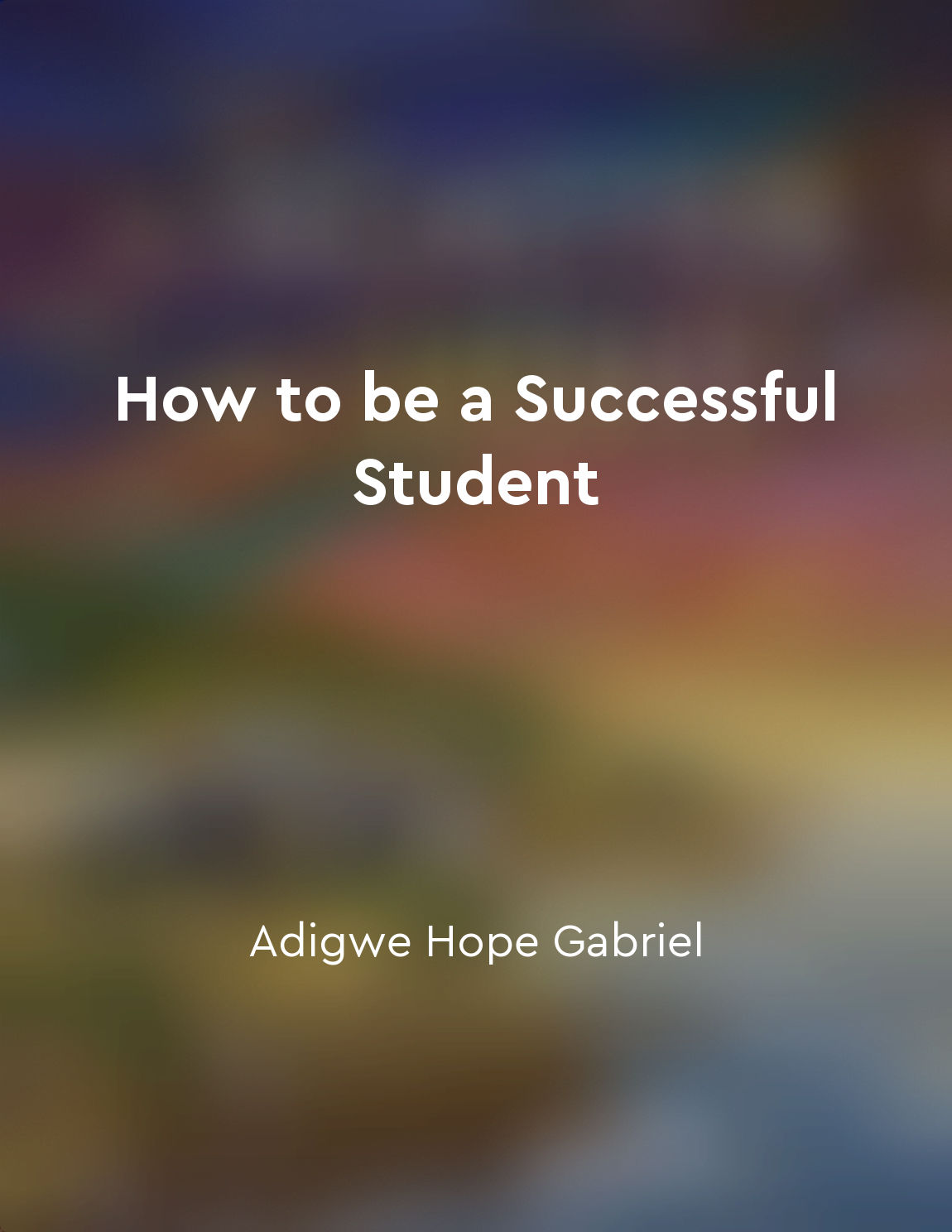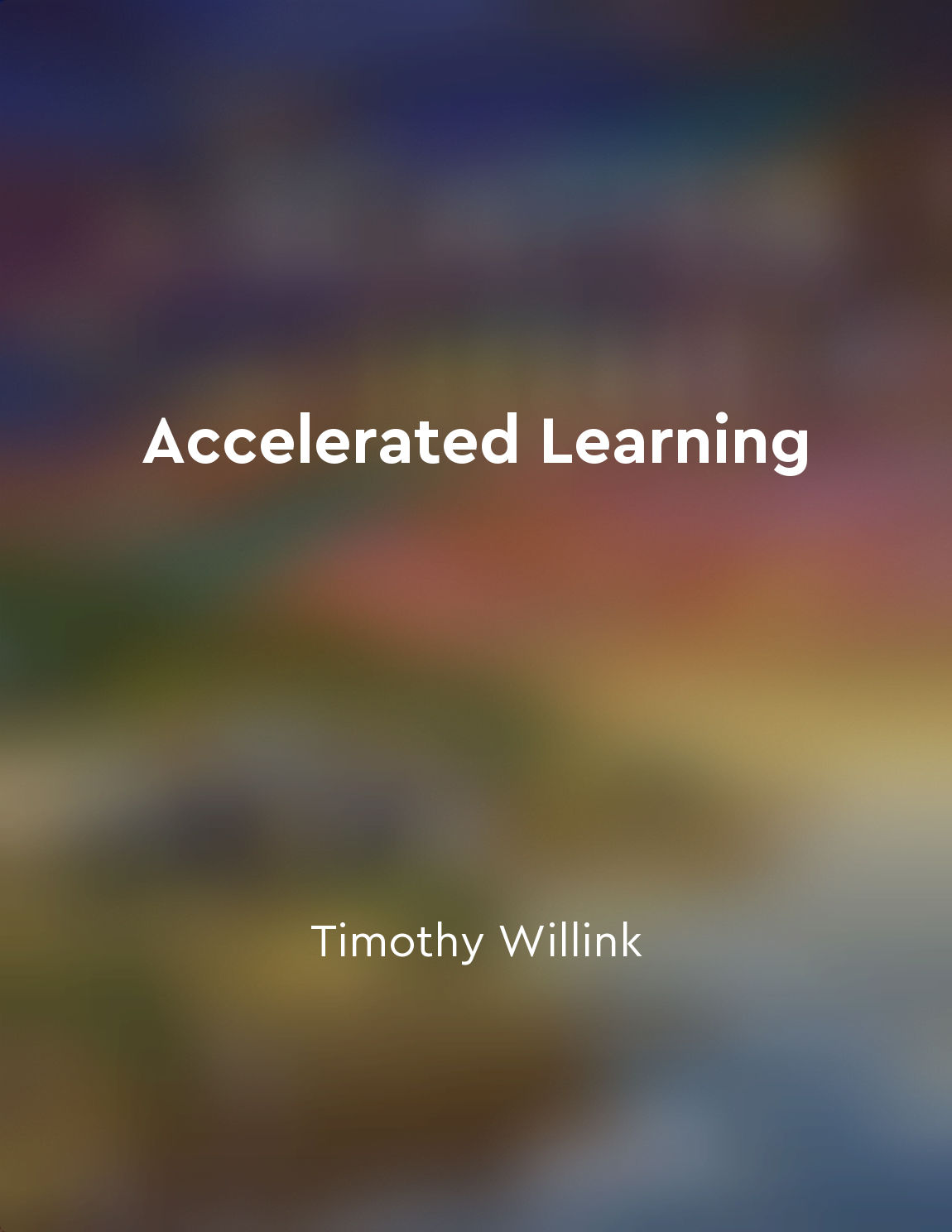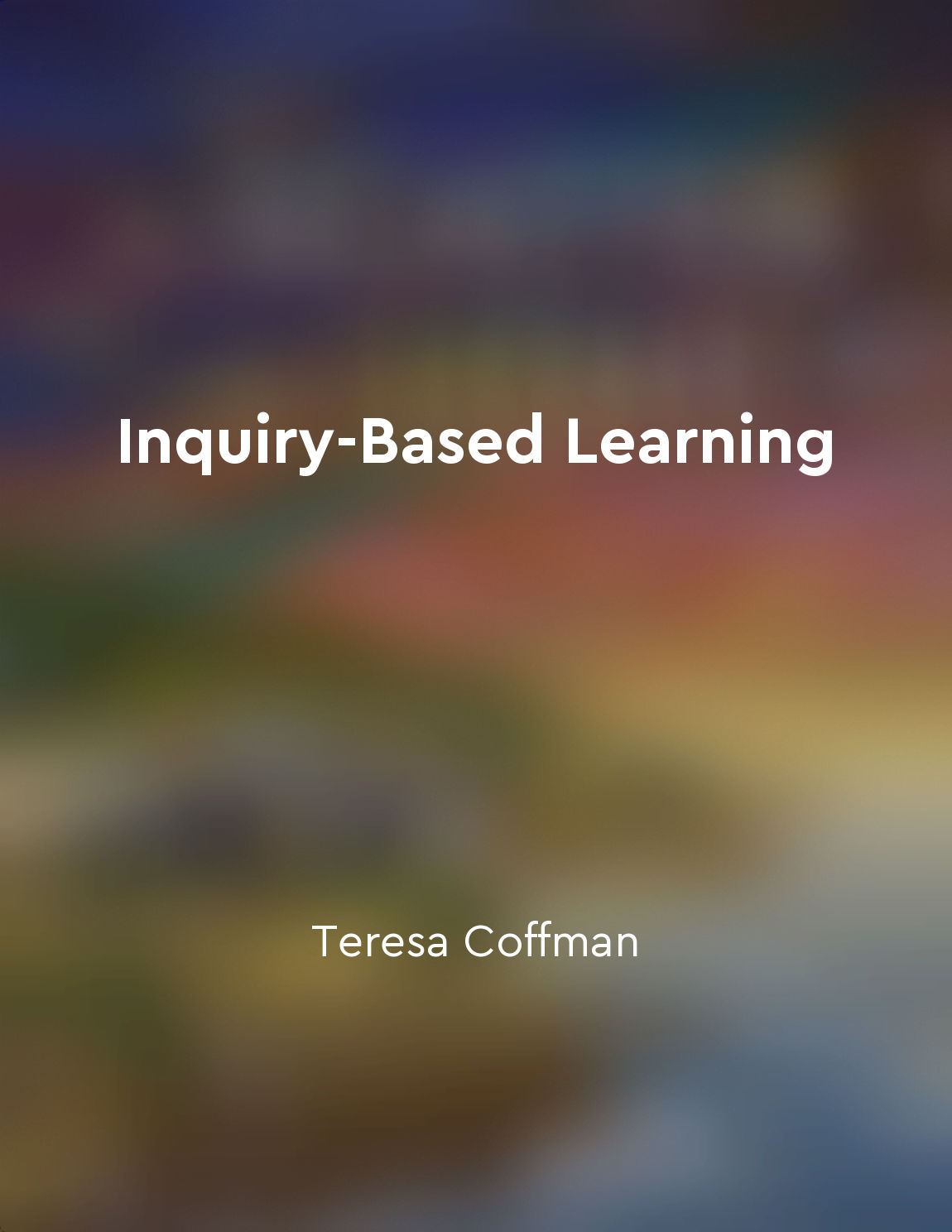Students become active participants in their education from "summary" of Inquiry-Based Learning by Teresa Coffman
Inquiry-based learning places students at the center of their educational experience. Instead of passively receiving information from teachers, students are actively engaged in the learning process. This shift in roles empowers students to take ownership of their education, fostering a sense of responsibility and independence. By becoming active participants in their learning, students are more likely to be motivated and invested in their studies. Inquiry-based learning encourages students to ask questions, seek out answers, and think critically about the information they encounter. This approach promotes a deeper understanding of the material, as students are actively involved in making connections and drawing conclusions. Through this process, students de...Similar Posts
Critical thinking enhances problemsolving abilities
In order to effectively solve problems, individuals must be able to think critically about the situation at hand. Critical thin...

Seeking help when needed is a sign of strength
It is important to understand that asking for help when you need it does not make you weak. In fact, it shows that you are stro...
Seek multiple perspectives and viewpoints
To think is to consider multiple perspectives and viewpoints. It is not enough to simply rely on our own opinions and beliefs w...
Cultivating a positive attitude
One of the most crucial aspects of achieving success in any endeavor is maintaining a positive attitude. It is often said that ...
Role of literature in society
Literature plays a crucial role in shaping the society we live in. It is not merely a form of entertainment, but a medium throu...

Communication is essential
Communication is the cornerstone of human interaction. It serves as the foundation upon which relationships are built, ideas ar...

Develop critical thinking skills
Critical thinking skills are essential for success in today's fast-paced and ever-changing world. These skills allow individual...
Logical reasoning plays a significant role in math
Logical reasoning is a crucial aspect of mathematics. It involves using logical thinking to solve problems and make sense of ma...
Use openended questions for deep insights
To gain a deeper understanding of a person's thoughts, feelings, and motivations, it is essential to ask open-ended questions. ...
Children learn at their own pace
The idea that children learn at their own pace is a fundamental principle of education. It recognizes that each child is unique...

